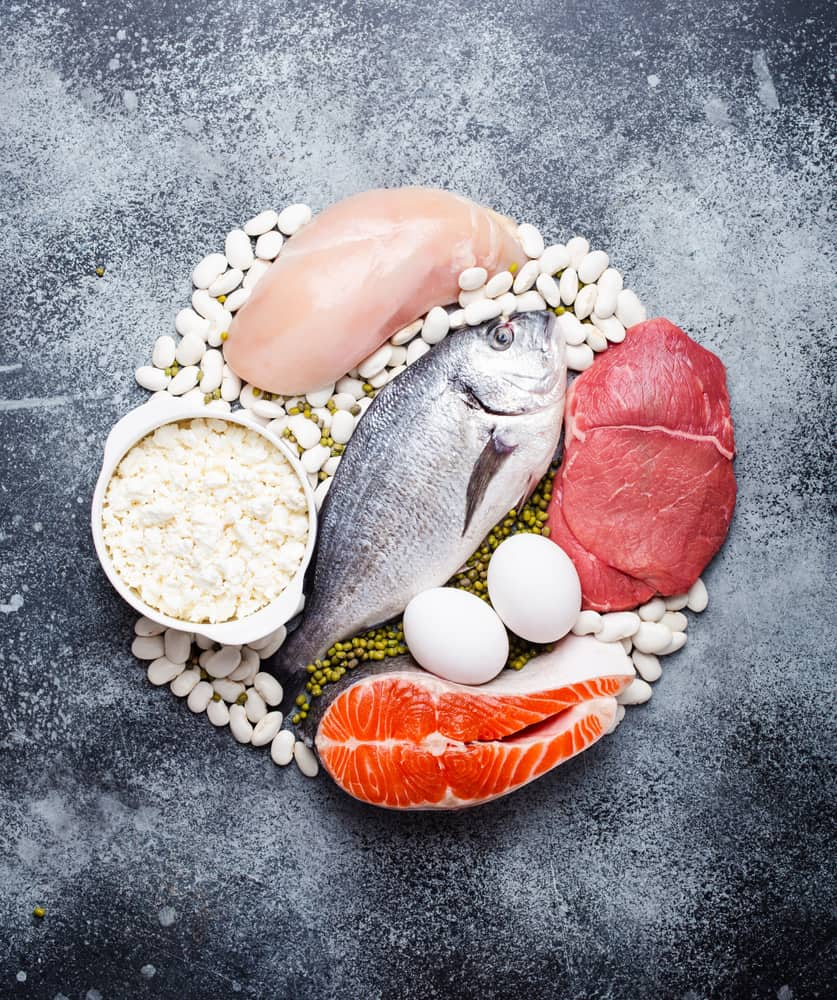
These Low-Sodium Foods Will Keep Your Heart Healthy
By Jasmine Kaur


While sodium is an essential nutrient required by our body, excess of anything is bad. Sodium intake is recommended to be in limited quantities as it increases blood pressure levels.


With age, the blood pressure tends to rise and one should cut down on salt-rich foods in such a case. Otherwise, it can lead to a risk of heart-related ailments.

Yoghurt
A fermented dairy product, yoghurt can be sweetened with natural sugar like fruits or eaten plain as it is low in sodium. Greek yoghurt is a super healthy protein-rich choice.

Unsalted Nuts
Nuts are a heart-healthy snacking option. However, those covered in large amounts of salt may not be that good so opt for the unsalted walnuts etc. that provide Omega-3 fatty acids.

Legumes & Beans
Dry legumes usually contain little to no salt so they are great for consumption. However, you can always boil them in a tiny bit of salt and enjoy.

Green Leafy Vegetables
Veggies like spinach, asparagus etc. are good for heart health. Green beans, cucumbers, eggplant and many such vegetables are naturally low in sodium and great for consumption.

Sodium-Free Fruits
While most fruits are low on salts, apples, oranges, bananas, apricots are some of the fruits that are sodium-free and provide the body with fibre and several other nutrients.

Fresh Meat Cuts
Freshly-cut chicken or fish is naturally low on sodium and is appropriate for those following a low-sodium diet, instead of cured meats.

Olive Oil
Cooking food in olive oil is a preferred choice for a low-sodium diet because this oil contains less sodium and is good for heart health.
